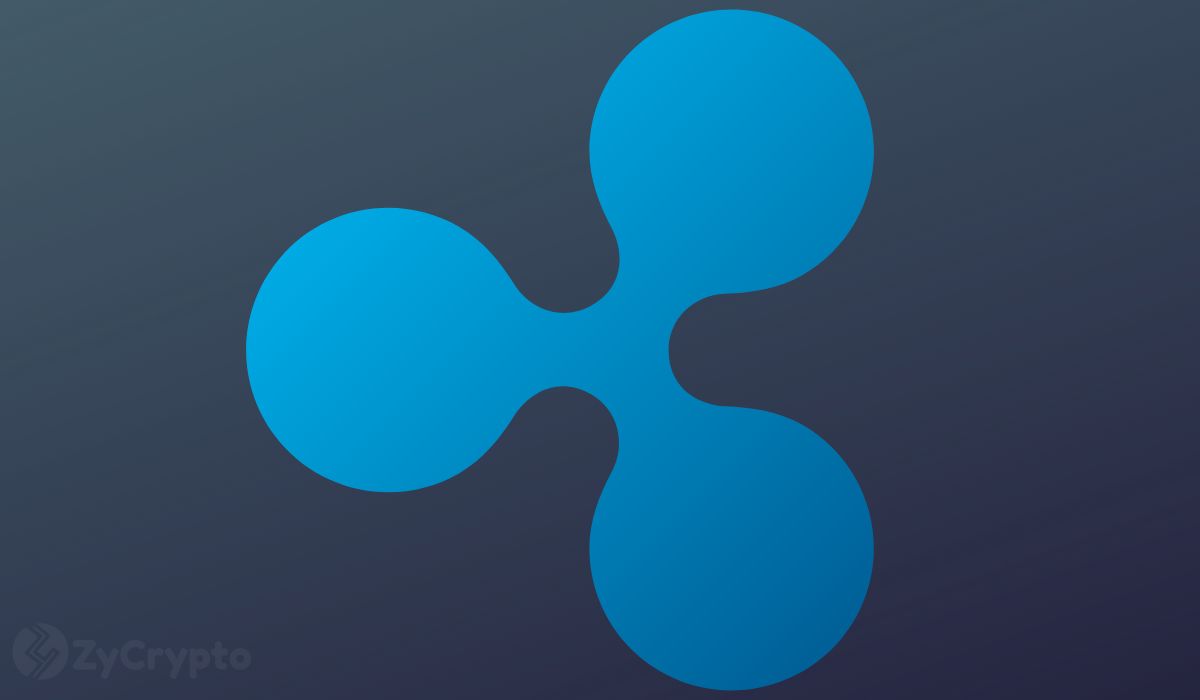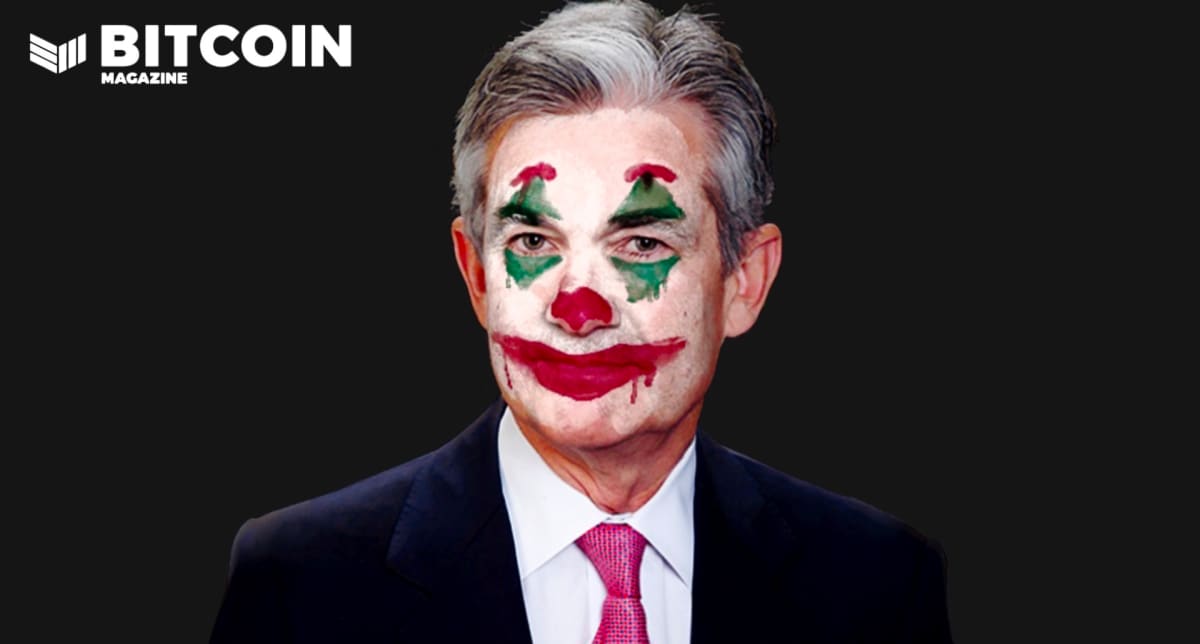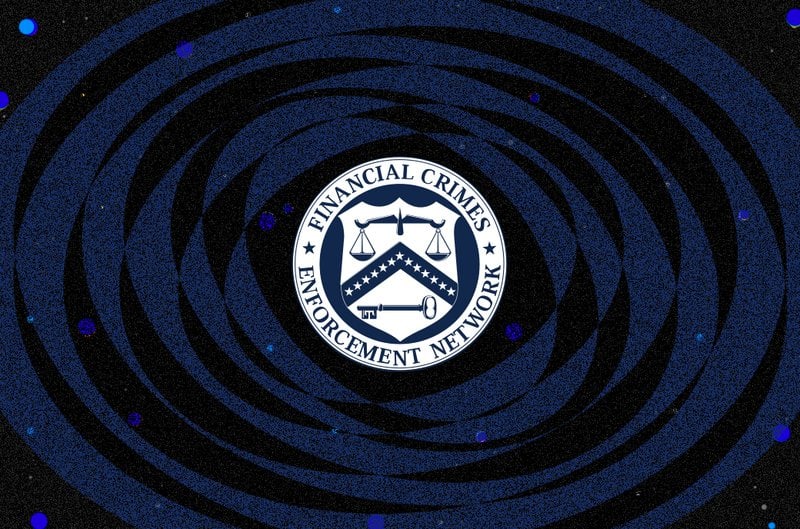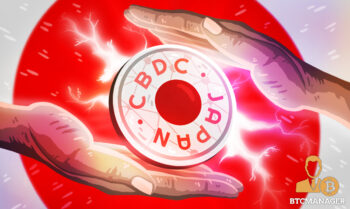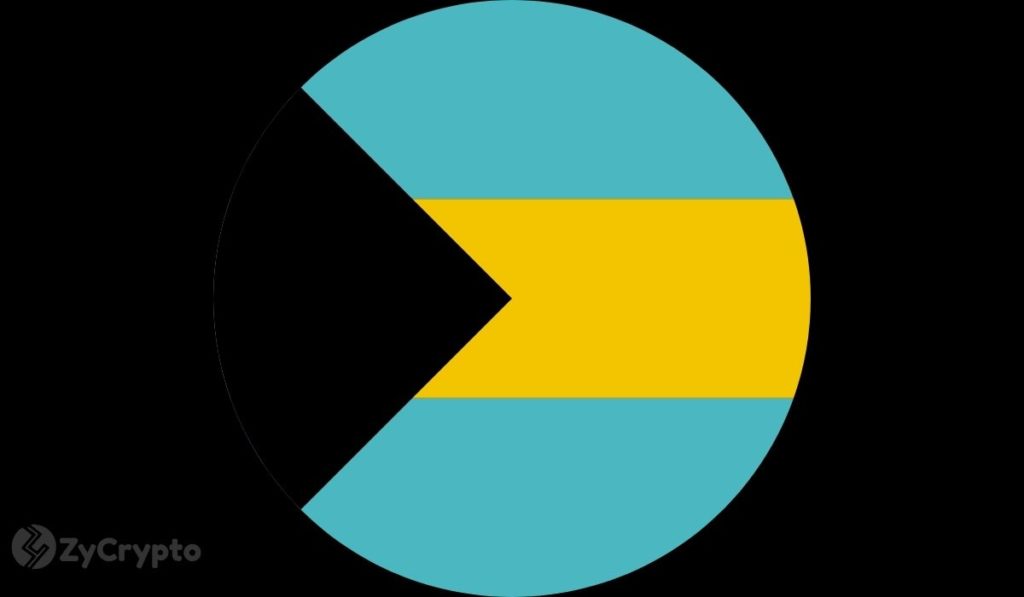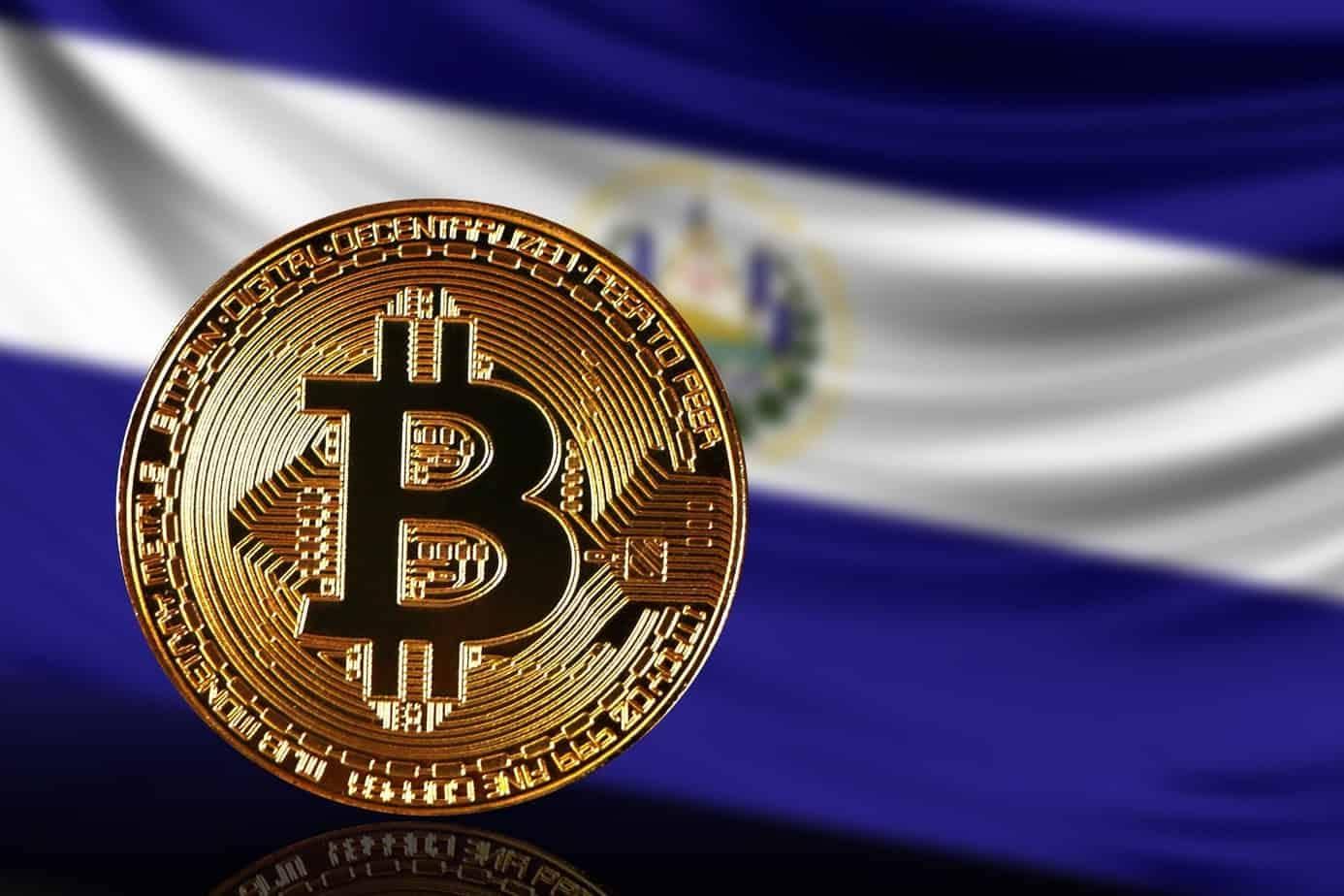2019-2-7 21:34 |
Economy Could Suffer From Issuing Central Bank Digital Currency, Says South Korean Researchers
Central bank digital currencies (CBDCs) are often created by banks in an effort to offer a comparable solution that is equivalent to fiat currency, though it doesn’t usually require replacing the country’s banknotes and coins. Built entirely on the blockchain, there are many crypto enthusiasts that see this option as a compromise that provides the best of both worlds, but a new report from the Bank of Korea (BoK) suggests that this option poses a detrimental threat to the economy.
Adopting this type of currency, based on the report, could increase interest rates and cause a major issue with liquidity. By the end of January, Korea had already noted to the public that they were not intending to issue this type of currency for the simple fact that there was no demand. The report issued was a way to show supporting evidence of the decision they have made.
Oh-ik added, “The CBDC is a kind of a BOK-issued bank account. People trust it more than one in a commercial bank. Demand deposits are one of the biggest sources of loans by banks. When people pull out their money, banks raise rates, or lower the reserve ratio, to secure more funds.”
A local publication, the Korea Times, reported that the bank said that the addition of a CBDC would ultimately replace demand deposits. With a state-sponsored cryptocurrency, the public would likely be more inclined to move towards the use of this currency instead, since the support of the government would suggest that it is safer and more secure than the alternative.
Furthermore, by withdrawing money, banks would not have the necessary liquidity, dropping supply. One of the writers in the report, Kwon Oh-ik, said,
“The central bank digital currency is a kind of a BoK-issued bank account. People trust it more than one in a commercial bank. Demand deposits are one of the biggest sources of loans for banks. When people pull out their money, banks raise rates, or lower the reserve ratio, to secure more funds.”
The concept of cashless transactions has become increasingly popular in the last few years, which has been uncomfortable for companies that want more control. Bitcoin was a major kink in the financial system since it had no one as its owner. Around the world, people are faced with opportunities, but the investors that are committed to the traditional financial system have been resistant. It should not come as a surprise that national governments have been worried about the potential impact that it could have in their economies.
A new report for the Bank of International Settlements showed that there were 70% of banks that were at least interested enough to research CBDCs. However, the report also said, “This work is primarily conceptual and only a few intend to issue a CBDC in the short to medium term.”
However, right now, Christine Lagarde of the International Monetary Fund has been encouraging central banks to create better security in transactions with the use of digital currency. When speaking in Singapore during a conference, she said that this could help with the financial inclusion and customer protection that public policy strives to achieve.
Back then, Lagarde said,
“I believe we should consider the possibility to issue digital currency. There may be a role for the state to supply money to the digital economy. The advantage is clear. Your payment would be immediate, safe, cheap, and potentially semi-anonymous. And central banks would retail a sure footing in payments.”
There are central banks in multiple countries “seriously considering” adding their own crypto-based currencies, like China, Sweden, and Canada. This decision would make them a liability that the state needs to take on, though it would drastically reduce transaction costs and improve security. Still, they would not truly be cryptocurrency, because they would not be censorship resistant.
Bitcoin (BTC), Ethereum (ETH), XRP (Ripple), and EOS Price Analysis Watch (Feb 7th)
origin »Digital Rupees (DRS) на Currencies.ru
|
|



